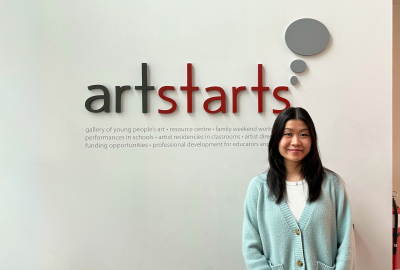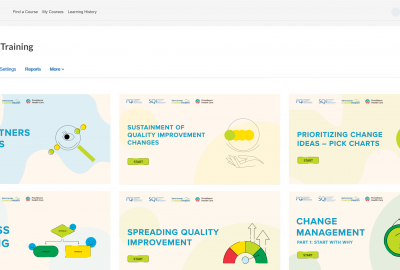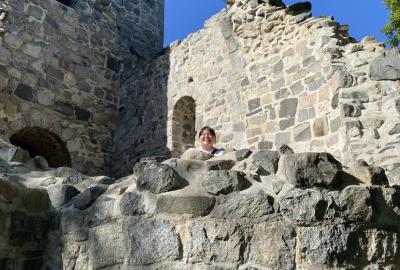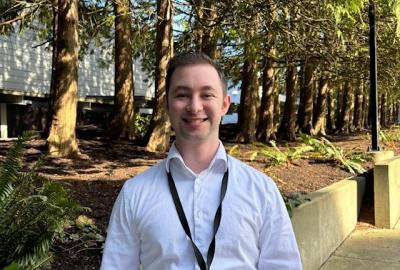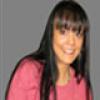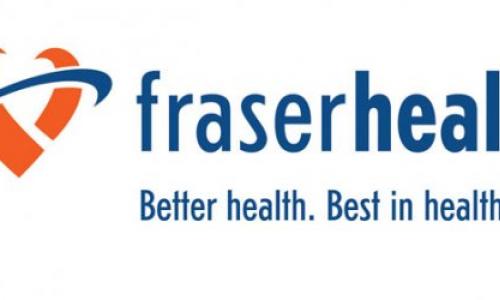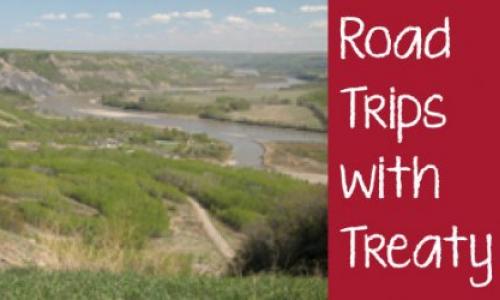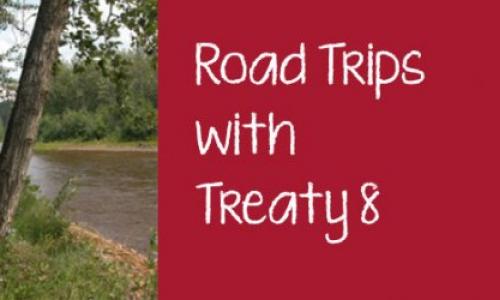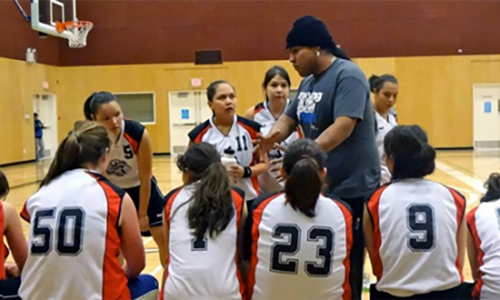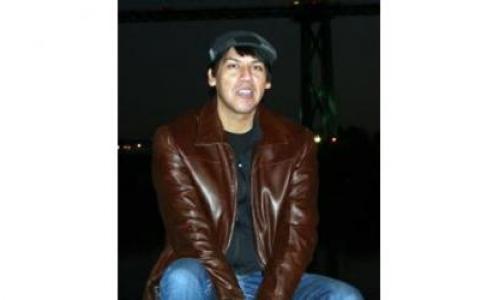In 1995, Janice Acoose blazed a trail when she published her book called Iskwewak kah’Ki Yaw Ni Wahkomakanak: Neither Indian Princess Nor Easy Squaw. She fiercely and unapologetically challenges representations of Indigenous women in Canadian literature. It does not have to be said that when discussing Indigenous history and challenges, the matters of patriarchy and colonization are ever-present. However, I would posit to say that the overarching theme within her book is her discussions regarding the discursive use of language and the ways in which language is used to perpetuate stereotypes, particularly regarding Indigenous women and refers to it as “strategic ideological brainwashing” (Acoose p. 23).
In order to demonstrate the importance of cultural and familial values that were subsequently devastated by colonial institutions and practices in the way of residential school and policies that forbade the practice of ceremony and the use of original languages, Acoose provides an honest reflection of her own experiences and the ways in which they effected her family and her feelings about herself as a woman and as an Indigenous person. She provides a brief look into her family in the way of photos and stories about her family and community. She fearlessly describes her childhood, including the trauma she experienced in the ‘sanctity’ of the residential school and the subsequent colonization of self and loss of identity that occurred therein.
There are various themes found within this small, but powerful read of 118 pages and some of those themes include: the marginalization of women, challenging ideology, representation, myth, violence and decolonization. Because of Acoose's academic background in the department of English as well as her own experiences teaching English, she is well versed in Canadian literature and as such claims that,
….canadian literature is an ideological instrument. As such, it promotes the cultures, philosophies, values, religion, politics, economics, and social organization of the white, european, christian, canadian patriarchy, while at the same time it fosters cultural attitudes about Indigenous peoples that are based on unrealistic, derogatory, and stereotypic images. (Acoose, p. 34).
Language, as discussed by Acoose, is used as a form of control and the way in which it is used has the potential to have very negative and damaging consequences, particularly against vulnerable populations. Acoose maintains that, “…the english language continues to see the interests of the ruling powers, which can most appropriately be described as white, eurocanadian, christian, and patriarchal” (Acoose, p. 35).
Language is a signifier of representation, and these representations, when associated with Indigenous women are most often negative and cultivate an atmosphere surrounding Indigenous women as being less than human. The hierarchal nature of colonialism, with the aid of oppressive stereotypes, qualifies Indigenous women as, no more than bottom-feeders. In doing so, “[s]uch representations create very powerful images that perpetuate stereotypes, and perhaps more importantly, foster dangerous cultural attitudes that affect human relations and inform institutional ideology” (Acoose, p. 40).
While perhaps presently this might be a topic of debate at the dinner table, when she first wrote about this subject, it was rarely discussed or even acknowledged. Much has changed over the last several decades, especially with the rise of the internet and social media. Indigenous issues have made their way to mainstream thought because a platform for discussion and political action have been made possible through the use of such media. Acoose’s insights and honest appraisal were brave, honest and right on target. This is a great read for all and a profound look into the earlier years of the Indigenous feminist movement.
“Janice Acoose (born 1954) is a Canadian author, newspaper columnist, filmmaker, indigenous language advocate and professor of indigenous and English literature at First Nations University of Canada in Saskatchewan.”
Acoose, J./ Misko-Kisikawihkwe (Red Sky Woman). (1995). Iskweeak Kah’ Ki Yaw Ni Wahkomakanak: Neither Indian Princess nor Easy Squaws. Women’s Press: Toronto, Ontario.

